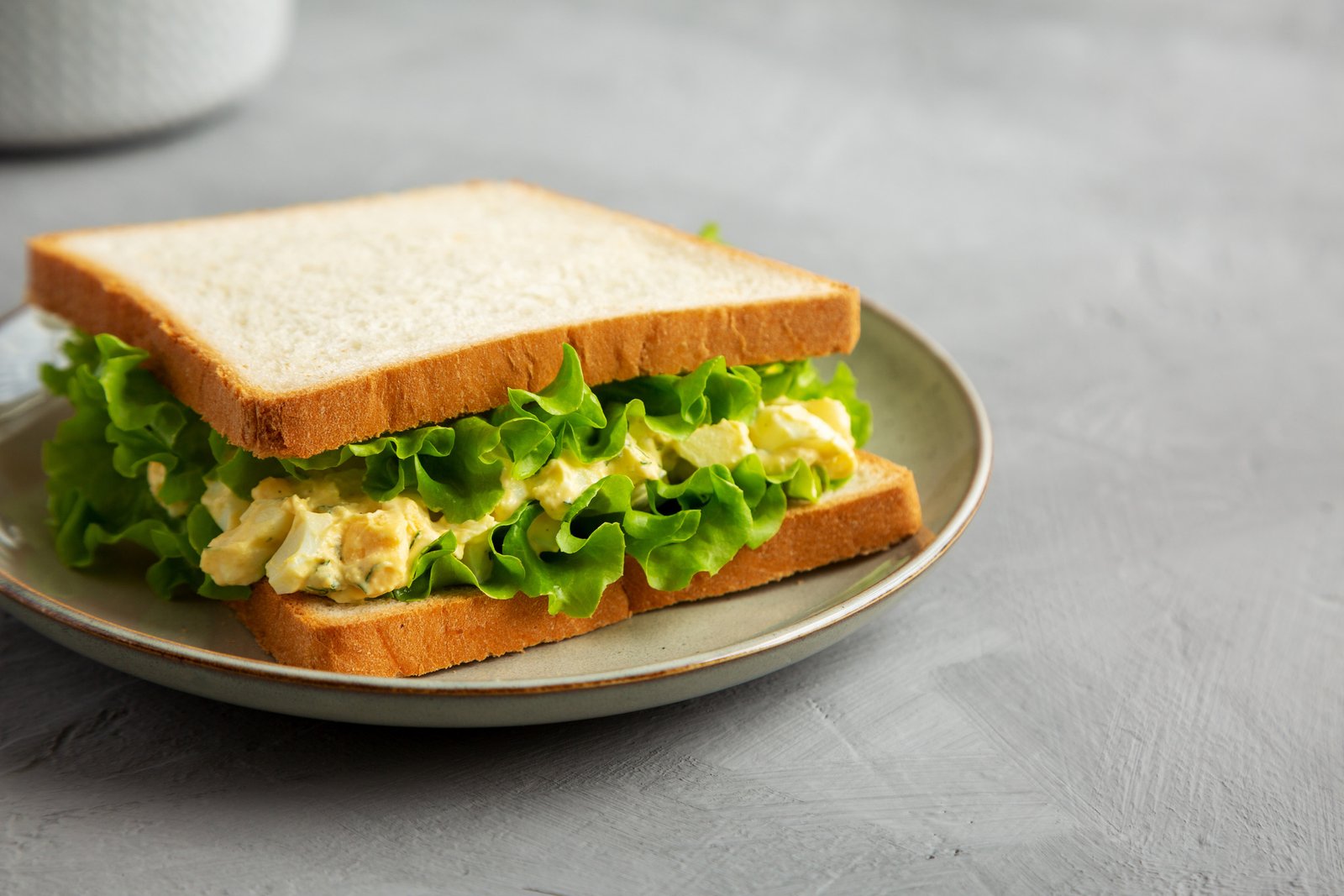Eggs are a dietary staple enjoyed by millions, thanks to their rich protein content, vitamins, and minerals. In the United States, egg consumption is projected to reach an impressive 284.4 eggs per person annually by 2024, reflecting their popularity as a nutritious and versatile food choice.
While cooking eggs effectively eliminates harmful bacteria, making them safe to eat, your chosen method can significantly impact their nutritional value. Certain cooking techniques may reduce the health benefits of eggs, turning this nutrient-packed food into a less healthy option.
We’ve explored various cooking methods to highlight those that might compromise the nutritional profile of your eggs.
Deep Frying

Deep-frying eggs in hot oil creates a crispy exterior but comes with health risks. This method introduces harmful trans fats linked to heart disease and can destroy essential nutrients like vitamins and antioxidants. Research published in the International Journal of Food Sciences and Nutrition underscores the importance of cooking methods in preserving egg nutrients.
Not Including Enough Veggies

A diet relying solely on eggs can lead to nutritional deficiencies and digestive problems. While eggs are a protein powerhouse, they lack the fiber, vitamins, and minerals found in abundance in vegetables. Incorporating various vegetables into your egg recipes is essential for overall health and well-being.
Pan-Frying with Low Smoke Point Oils

While pan-frying eggs is quick, using light oils like extra virgin olive oil at high temperatures can be harmful. When overheated, these oils release harmful compounds called aldehydes, which are linked to inflammation and cellular damage. High heat also reduces egg nutrients.
Overcooking Boiled Eggs

Overcooked eggs become rubbery and develop a green ring called denaturation due to a chemical reaction. While harmless, it affects taste and appearance. Overcooking also depletes essential vitamins and minerals.
Deviled Eggs with Excessive Mayonnaise

Deviled eggs are often loaded with mayonnaise. The high fat and calorie content in mayonnaise can increase cholesterol and cause heart issues. Consider healthier alternatives like Greek yogurt or avocado for the creamy texture.
Omelets with Cheese and Processed Meats

Omelets can be healthy, but adding too much cheese and processed meats increases calories, saturated fat, and sodium. These contribute to heart disease, high blood pressure, and other health issues.
Opt for lean protein and reduced-fat cheese. To maintain a balanced omelet, prioritize lean protein sources like salmon, turkey, or chicken, and load up on colorful vegetables for essential nutrients.
Scrambled Eggs with Butter and Full-Fat Dairy

Scrambled eggs are America’s favorite egg dish. Eighteen states choose them over other styles. However, these are cooked with butter and full-fat dairy, which is high in calories, saturated fat, and cholesterol. Excessive consumption increases heart disease risk. To enjoy a healthier version, opt for cooking sprays or olive oil and choose low-fat or skim milk.
Egg Dishes with Added Sugars

Adding sugar to egg dishes increases calories and contributes to blood sugar spikes, which are linked to obesity, diabetes, and heart disease. Control the amount of added sugars in your recipes. Use alternatives like natural sweeteners, monk fruit sweeteners, or stevia.
Raw or Undercooked Eggs

Consuming raw or undercooked eggs risks salmonella infection, which can cause severe gastrointestinal symptoms. According to Centers for Disease Control and Prevention (CDC) data, salmonella causes roughly 1.35 million illnesses and 420 deaths annually in the U.S.
Ensure the eggs are thoroughly cooked until the yolk and white are solid before consuming. This helps in killing the harmful bacteria. While cooking eggs in casseroles containing eggs, cook them at 160°F (71°C)
Microwaving in Plastic

Microwaving eggs in plastic containers can release harmful chemicals like BPA into food, linked to various health issues. The safety of using plastic containers to microwave food has been questioned by various studies. A recent Nature article (2023) highlighted the release of hazardous gases from heated plastics. These toxic substances can leach into food, posing potential health risks like hypertension and cardiovascular diseases. Repeated use of plastic containers exacerbates this issue.
Using Potentially Toxic Cookware

Nearly 70% of skillets sold in the U.S. are nonstick. These pans contain harmful chemicals like polyfluorinated compounds (PFAS). When nonstick cookware is overheated or damaged, the integrity of the coating can deteriorate, allowing these chemicals to leach into food. This contamination can occur at temperatures well below those causing visible smoke.
Moreover, the buildup of food particles and scratches on the cookware can accelerate the release of these harmful substances. A U.S. study linked early pregnancy exposure to specific PFAS chemicals with adverse birth outcomes.
Boiling with Excessive Salt

While adding a small amount of salt to boiling water can help prevent eggshells from cracking, using too much salt is unnecessary and can significantly increase your sodium intake. On average, Americans take about 3,400 milligrams of sodium daily, far exceeding the recommended limit of 2,300 milligrams for adults, according to the Dietary Guidelines for Americans.
Consuming too much sodium, even from seemingly small sources like salted eggs, can contribute to serious health issues such as high blood pressure and heart disease. To protect your health, it’s important to limit salt not just in your overall diet but also when cooking eggs.


